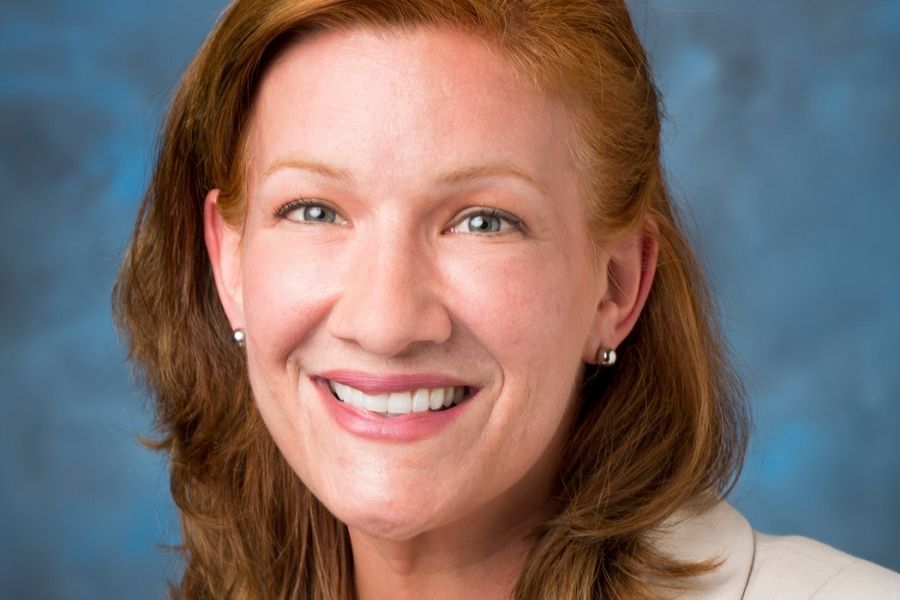
In October 2021, SOE school psychology professor Sheri Atwater was invited to present a three-hour workshop titled, “‘They Said What?!’: Responding to Students’ Questions and Comments to Facilitate Racial Dialogue in the Classroom” at the annual meeting of the North Carolina School Psychology Association (NCSPA). Attendees included school psychologists and educators from across the state of North Carolina, many of whom adhere to the call for social justice advocacy by the National Association of School Psychologists (NASP)—a mission that aligns with SOE’s own mission and core values.
“I designed the presentation to create a very safe space, with ground rules on respect and sending one’s brain into learning mode,” says Atwater. Based on her experiences in conducting similar workshops, Atwater knew that her training session could make participants timid or reluctant to discuss anti-racist practices in schools. In recent months, North Carolina school boards and lawmakers have made inroads into banning talk about race and critical race theory in K-12 schools. In summer 2021, The University of North Carolina at Chapel Hill made national headlines when it denied tenure to Pulitzer Prize-winning reporter Nikole Hannah-Jones, whose groundbreaking 1619 Project offered a re-framing of U.S. history by centering the consequences of slavery and the contributions of Black Americans in our national narrative.
Atwater addressed these recent events directly, and placed social justice advocacy and conversations about race in the context of personal, local, and structural issues to remind participants not to feel hopeless, even in the face of backlash. “Our role is to always be social justice advocates. We have made a commitment to adhere to NASP guidelines to address racial inequities, despite the politics surrounding us. If anything, the K-12 students we serve need us now more than ever,” she said.
The presentation was one of six that Atwater did during sabbatical from LMU in summer and fall 2021.



